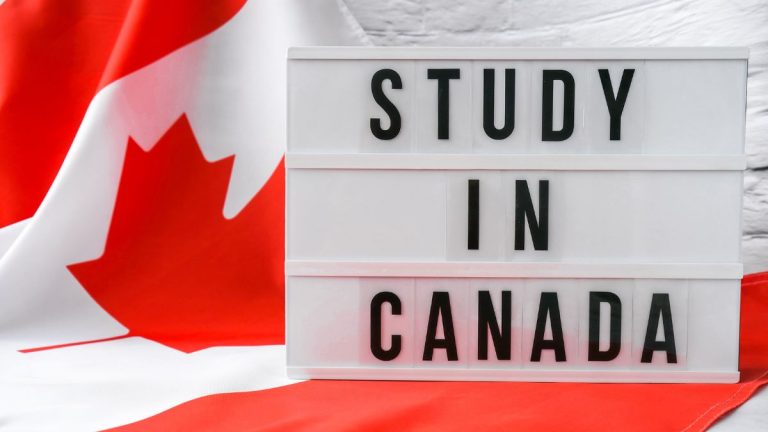On January 22, 2024, The Minister of Immigration Mr. Marc Miller announced several significant changes to the study permit program which will have an impact on many applicants for the foreseeable future.

Study Permit Cap
The first primary change that was announced is that there will now be a cap set on the number of study permit applications accepted per year, effective immediately. The cap is set at approximately 360,000 approved study permits for 2024, a reduction of 35% from 2023.
It is important to note that each province will have its own cap, and in some cases, this will actually mean an increased allotment of study permit approvals compared to last year. This depends on the number of approvals by province last year, and essentially it means that the more popular provinces will see a greater decrease this year, while the less popular destination provinces will see an increase. For example, we are certain to see decreases in provinces like Ontario and BC well past the 35% average, while provinces like Saskatchewan or Manitoba could see an increased allotment.
The cap will not affect the following:
· Master’s degree programs
· Doctoral degree programs
· Elementary and secondary study
Attestation Letter
Effective immediately, all study permit applications submitted to IRCC must include an attestation letter issued by the province confirming the student’s enrollment. This letter comes in response to a recent scandal involving hundreds of international students that had been provided fraudulent letters of acceptance to Canadian schools.
Arranging this letter is the responsibility of the province, and they must establish such a process for issuing these letters by March 31, 2024. Any application for a study permit submitted as of January 22 without this letter will be rejected, so it is critical that each province arrange this system quickly to prevent delays in processing.
Post-Graduate Work Permit Changes
Starting in September, 2024, study programs offered by private schools that licence public school programs resulting in post-graduate work permit (PGWP) eligibility will not longer be possible. This essentially affects private “satellite schools” of public schools, and applies to any program offered by the private school in that licensing situation. It is of note however that private school degree programs that are not licensed and are offered independently by the private school can still be eligible for a PGWP.
There is some good news to come out of this change as well. Graduates of master’s degree programs will become eligible for a three-year PWGP, regardless of the length of the actual program. Normally, PGWPs could only be issued relative to the length of the study program. This posed a problem to master’s degree graduates whose program may have been less than two years, as they would receive less than three years on their PGWP. However, with this change, master’s degree students can breathe a bit easier knowing that their program can help them work for up to three years after graduating.
Spousal Open Work Permit Restriction
Arguably one of the most significant changes that has come is that spouses of international students studying in program other than master’s or doctoral programs will no longer be eligible for a spousal open work permit (SOWP).
In other words, spouses of international students coming to study any undergraduate or college program, such as a bachelor’s degree, post-secondary diploma, or certificate program in Canada cannot apply for an SOWP based on their spouse’s study program. If they want to accompany their spouse, they can only come as a visitor, or else apply for a different type of work permit if eligible, or their own study permit.
All of these changes come only weeks after it was announced that the minimum required living expenses for international students would be updated. This change more than doubled the previous amount of CAD $10,000 required to the current minimum of $20,635 (for one person), effective as of January 1 this year. This amount was decided on as it better reflects the actual costs of living in Canada during study. The previous amount not been updated for nearly 20 years.
These changes are part of a temporary measure that will be in place for two years, after which it will be reevaluated. Current study permit holders and study permit extension applications will not be affected by these changes.
Navigating all of these new changes to the study permit program can be a challenge. But if you need any help, luckily there are many resources and guidelines available online from IRCC. If you feel you need more tailored and detailed advice though, feel free to reach out to one of our immigration professionals. Until next time!
